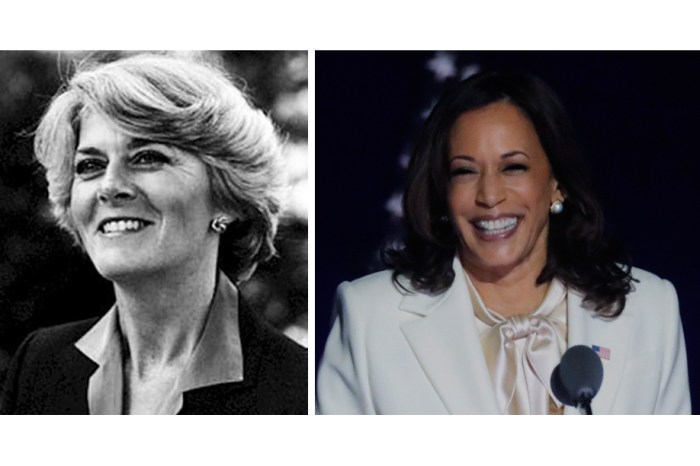The most important election of the year is approaching in New York City. It’s the race for Queens district attorney, where seven Democrats are vying to replace the late Richard Brown, who held the office since being appointed by Gov. Mario Cuomo back when 3rd Bass was at the top of the charts (google it).
Things have changed since the 1990s, and not just music. Homicides in New York City were some 7 or 8 times what they are today and police and DAs acted accordingly, often tough on low-level crimes in search of order on city streets.
Since then, there has been a severe drop in crime, huge numbers of people have been locked up, and the general city criminal justice philosophy pendulum has swung in the complete opposite direction. But not quite in Queens. That plus the tendency for New York DAs to serve approximately life in office has brought out a wide field of hopefuls for the June 25 Democratic primary (the main game in town for the mostly blue borough).
This atmosphere explains the viable candidacy of Tiffany Cabán, a 31-year-old self-described “queer Latina” public defender whose insurgent campaign has been highly covered by a media nervous about missing another Alexandria Ocasio-Cortez.
She’s been pushing the field with what she called a “decarceral approach” in a Wednesday WNYC debate, promising not to prosecute crimes from marijuana to farebeating and sex work-related charges.
Much of the field is sounding similar. Rory Lancman, who represents parts of Queens in the City Council, said during the Wednesday debate that he is running to “break” the cycle of mass incarceration, while Queens Borough President Melinda Katz calls arresting people for marijuana “an excuse for stop-and-frisk.”
Former prosecutor Jose Nieves said the war on drugs ended up being a “war on black and brown people in my community,” and former cop watchdog Civilian Complaint Review Board executive director Mina Malik spoke ill of prosecuting what she called “crimes of poverty.”
A major segment of the WNYC debate involved the candidates listing the crimes they wouldn’t prosecute, which might create some whiplash for those with the Batman vision of a New York top prosecutor.
More familiar from the Batman prosecutorial era and the usual image of a law enforcer might be Greg Lasak, a moustachioed longtime Queens prosecutor and head of the homicide bureau who left to become a state Supreme Court justice. This background made him a “cog” of the system, said Katz in a NY1 debate on Tuesday.
In both events, his slight smiles seemed to give the impression that he can’t believe all the stuff whizzing around him these days.
With the endorsement of some law enforcement unions and competitive fundraising, he is the highest profile non-new-wave candidate in the race, who differs from the more left-leaning challengers in profile plus on issues like Rikers (he says the city should rebuild jails on Rikers, not in neighborhoods), and fare evasion (a prosecutable problem that he suggested as a reason for the transit system’s decline).
Some of the differences might sound bigger than they could end up being in practice even between the farthest-apart candidates. Take fare evasion, which Cabán would decline to prosecute entirely. Lasak says he wouldn’t blanketly do that, though he’d look to divert when possible. But the vast majority of citywide fare evasions result in summonses processed by the Transit Adjudication Bureau as opposed to arrests, according to the NYPD: more than 35,000 vs. less than 1,800 so far this year.
But the left-leaning candidates overall have been pushing for a significantly lighter touch. And even Lasak has nodded at the new-wave-friendly aspects of his record such as work on conviction review and diversion in Queens. He says he used to suggest when he worked in the DA’s office that if you’re not going to ask for jail at the end of the case, you “have no business” asking for jail at the beginning.
That’s a different way of framing the DA job compared with Richard Brown’s broadly law-and-order legacy, presiding over an office that held fast to low-level prosecutions while fellow boroughs changed practices. Farbeit from promoting a “decarceral approach,” Brown wanted to be driven to crime scenes day or night.
What a difference 30 years and a lot fewer murders make.

















